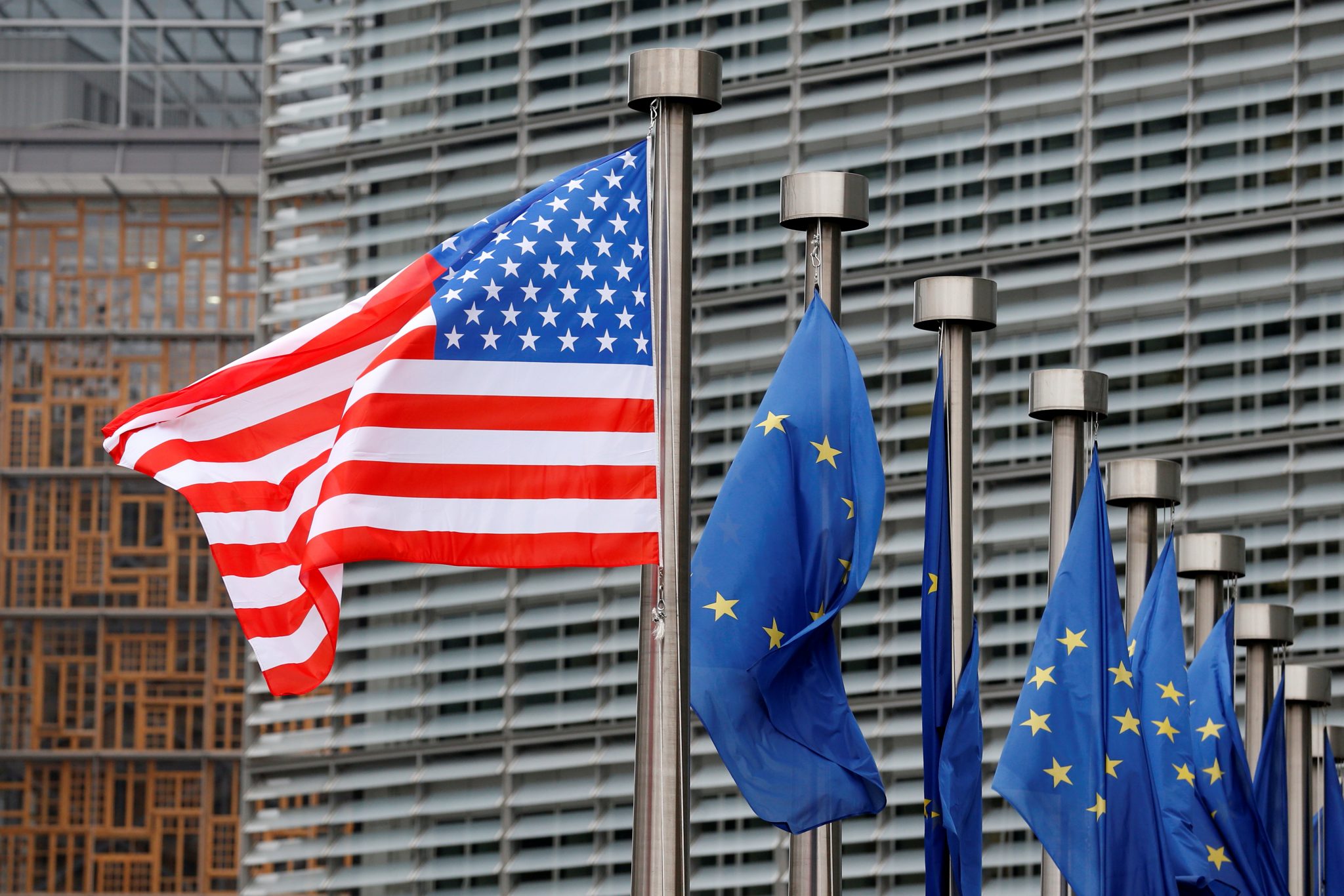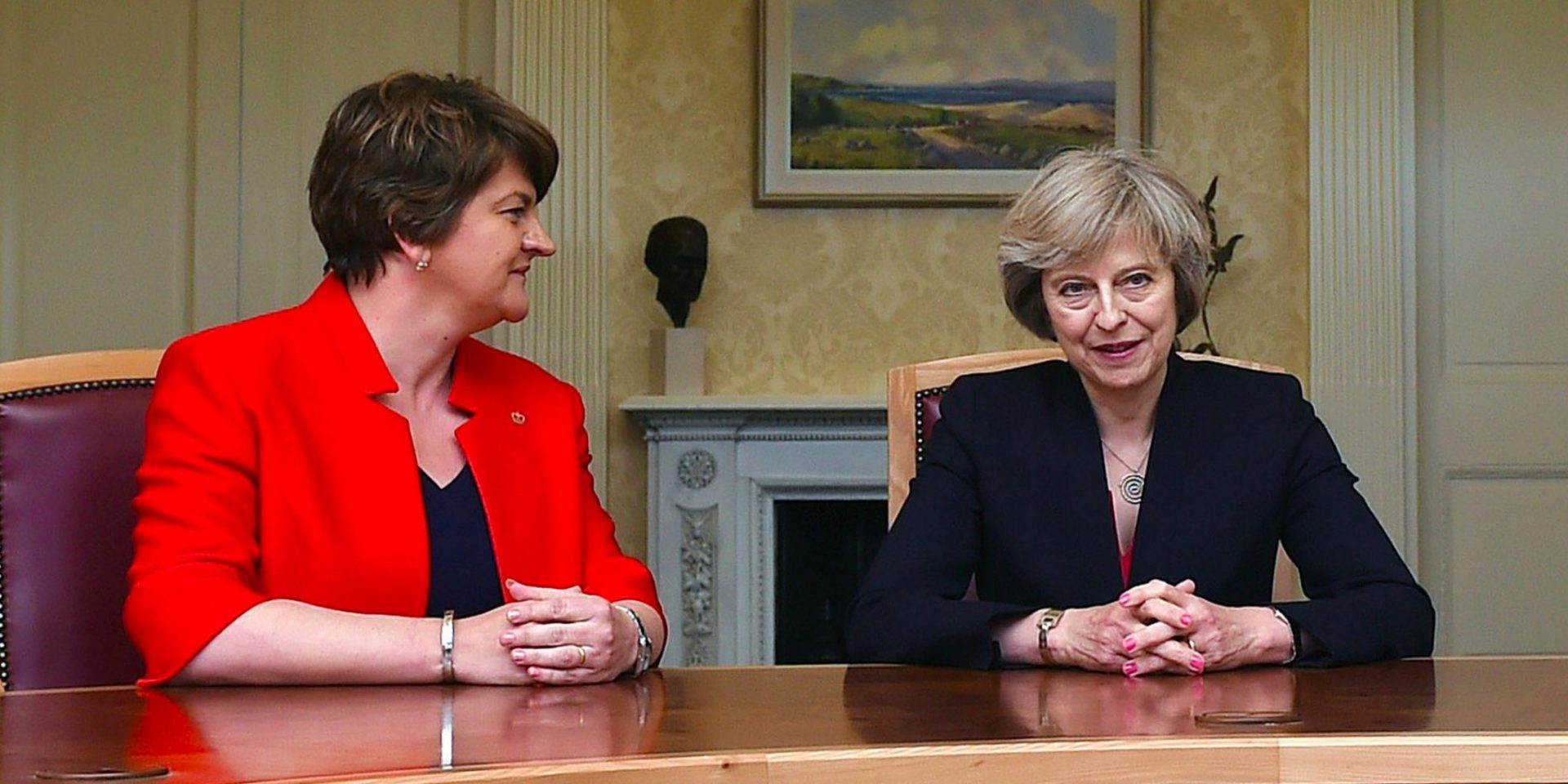
Next year will be the real turning point for Lithuania from the financial point of view. After gaining the independence Lithuania was significantly supported by the EU. Brussels helped a young country to grow stronger and decrease its dependence on Russia. Many projects started by the country decades ago were successfully financed from the European funds.
Such assistance made possible to develop economy at a very fast rate. Lithuania every year became more and more confident in its capabilities and strongly believed in its European future. EU financial aid helped to start the decommissioning of the Ignalina nuclear power plant and the building of the Rail Baltica, as well as a lot of other projects.
For example, Brussels has already allocated €1.5 billion as part of the current budget up to 2020 for the Ignalina nuclear power plant. But the process is only half way. Lithuania desperately needs at least the same amount of money to finish the project and be safe. Though a spokeswoman for the Lithuanian energy minister on March 13, 2018 has denied a report that an incident occurred in the Ignalina Nuclear Power Plant (INPP) in late 2017, the situation is alarming.
[alert type=white ]Author: Adomas Abromaitis is a Lithuanian-born political scientist living in the United kingdom. He mostly writes about his home country in specialized publications.[/alert]
The new EU budget for the next seven years could become a real threat to Lithuania position in this regard. It is not a secret that the European Union is experiencing financial difficulties and they will be even more serious than now. The matter is BREXIT for sure will cause financial cuts of the EU budget.
Thus, financial perspective for Lithuania is not very encouraging. Its main donor will decrease financial aid. Even now the European authorities stress the necessity of financing Lithuanian projects mainly at its own expense.
Besides the Ignalina nuclear power plant, Lithuania extremely needs money for continuation of the Rail Baltica project that should link Finland, Estonia, Latvia, Lithuania and Poland with a European standard gauge rail line. No decisions have yet been made about the next funding period (2020+). And Vilnius makes enormous efforts to convince the EU to continue support for the project. So, as well as the Ignalina nuclear power plant project, the Rail Baltica is also in limbo.
In other words Lithuania can’t stop these projects because they are too important for her image and security but admits that it can’t continue them without external assistance. Energy Minister Žygimantas Vaičiūnas insisted in December that “EU support is crucial and we simply do not have any other alternatives.”
At the same time, lack of funding does not prevent Lithuania from increasing defence budget. This year Lithuania will allocate 873 million euros for defence. The increase is by 149.2 million euros (as compared to 2017).
If redirect this amount of money annually to such vital project as decommissioning of the Ignalina nuclear power plant, it would easily afford Lithuania to close the plant during next 20 years without external assistance. If to compare the necessity to close the plant and the necessity to buy containers, trucks, repairs of military equipment, spare parts of vehicles (the biggest purchases projected for 2018 according to the Ministry of national defence) the priorities are clear. May be something is wrong with the priorities of the Lithuanian authorities?
With all these additional money Lithuania could close dangerous nuclear plant and also build modern railway without asking the EU or other sponsors for money. Let us think about it…




